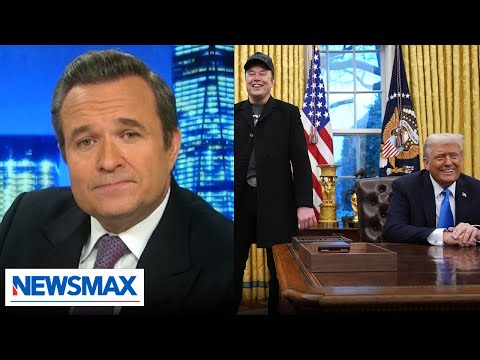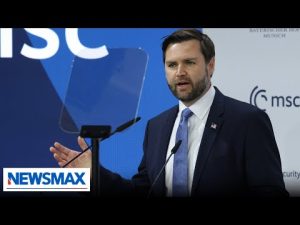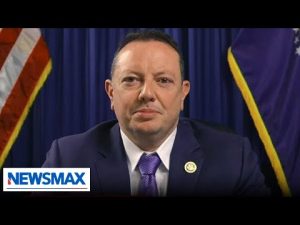In recent discussions surrounding the current political landscape, a spotlight has been shone on President Trump and his partnership with tech mogul Elon Musk. The commentary from conservative pundits suggests that this collaboration is rather unique in the history of American politics. Unlike previous administrations, where the leaders sought out advisors for appearances rather than sound advice, Trump’s approach appears to be pragmatic and based on actual expertise. This is a refreshing change, as it harnesses the brilliance of Musk, one of the most inventive minds of the modern era, without the usual political fluff.
The buzz surrounding Trump’s strategy seems to stem from a mix of admiration for Musk’s intelligence and criticism of past presidents who did not maximize the talent available to them. For example, the hypotheticals put forth paint a picture of what could have been if iconic figures such as Einstein or Stephen Hawking had lent their brilliance to the White House. Instead, it often feels like presidents have been surrounded by a cadre of advisors who, while well-meaning, simply didn’t have the intellectual heft needed to tackle the complex issues of governance.
Elon Musk’s involvement highlights a stark contrast to traditional political fundraising and the incessant need for politicians to build a favorable public image. Musk’s genius and straightforwardness, devoid of the usual political pretense, can be a powerful asset in ushering in technological advancement and addressing pressing national concerns—such as the staggering national debt. The idea that the interest from this gargantuan debt now exceeds the entire defense department budget is a sobering reminder of fiscal mismanagement that many American taxpayers sense but cannot fully articulate.
One point of discussion focused on the troubling financial dealings within government agencies, notably those involving former Obama-era official Samantha Power, who seemingly transformed a modest salary into considerable wealth while in a public service role. This type of financial elevation raises eyebrows and calls into question the effectiveness of fiscal controls in place. It seems that many within the civil service can sidestep accountability, leading to suspicions that the swamp is deeper than most realize. President Trump and Musk’s initiative to scrutinize these financial discrepancies could mark a significant step forward in holding public officials accountable for their expenditures.
Moreover, the challenges posed by cumbersome bureaucracies are showcased through stories detailing the inefficiencies within federal retirement systems. It’s both humorous and absurd that vital paperwork is stored in a limestone mine, slowing the process of employee retirement to a snail’s pace. This seems more fitting for a poorly written sitcom than the operational reality of a government entity that employs millions. If competence and caring are the two essential ingredients for curbing the nation’s budget deficit, it will require an overhaul in both attitude and action from within the government.
Unfortunately, accusations regarding judicial overreach have become commonplace, with claims that certain judges are stifling necessary reforms. Critics argue that these judicial maneuvers hinder progress and undermine the democratic principles that should empower elected officials. Such assertions raise provocative questions about the balance of power and the real intent behind these legal judgments. As Americans await to see how such tensions unfold, it is clear that Trump and Musk’s collaboration could signify a momentous shift in the way the government interacts with innovation and accountability.
In a landscape filled with frustration over ineffective governance, the partnership between President Trump and Elon Musk stands out as a beacon of potential change. A shift away from the traditional model of political operation could indeed pave the way for meaningful reform, accountability, and fiscal responsibility in the federal government’s future endeavors. The call for a government that not only functions efficiently but also serves the interests of its citizens resonates strongly in today’s climate. If they succeed, it might just send ripple effects throughout the country that could resonate for generations.



